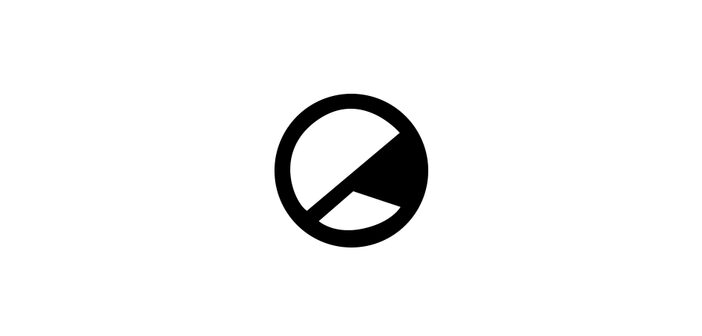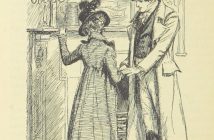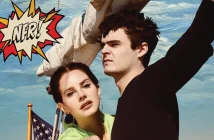These days, it seems like not a week goes by without a brand new Harry Potter revelation coming from J.K. Rowling’s Twitter feed in response to someone’s question or theory. Packaged as ‘Shocking Revelation: Dumbledore Once Ate Cake’, these kind of stories attempt to latch onto the ongoing interest in the world that Rowling created. The point of such stories is questionable, however, the central problem here comes from the insistent need that some authors have to maintain an intense control over the literary material that they have released into the world.
Samuel Johnson once wrote ‘A writer only begins a book. A reader finishes it’. This is something which I feel is central to the experience of both reading and writing. Nothing that exists in the public domain exists in a vacuum, a book doesn’t really have any cultural meaning or significance until someone has read it. And the act of reading will always result in questions – you know that the creation of a world is complete when afterwards you endlessly ask, what happens next? What if this had happened instead?
Every time Rowling feels the need to ‘correct’ an incorrect interpretation of her books, every time she insists something like ‘Sirius Black is a heterosexual character’ despite nothing really present in the book to demonstrate this one way or another, Rowling continues the fallacy that there is only one way to read a book, only one way to interpret the material. In contributing to this narrative, authors suggest that the author is God; that they should have complete control over the material that they have written. This simply isn’t the case.
When you write a book you must inevitably let it go at some point, and the date of publication should be this point. As hard as it might be to accept, just because you created something, it doesn’t give you a monopoly over interpretation. At the end of the day, if it isn’t present in the book, does it really exist? My answer would be no. All we have is the book in front of us, and the beauty of reading is that it allows a multiplicity of interpretations. No one is right, and no one is wrong, and they never should be, because we all look at literature for different things. Literature becomes richer for a variety of responses, because it incites conversation, which is surely the whole point of creation – seeing what other people think and how they respond. Otherwise why would anyone publish anything, or create any work of art? If a question or interpretation makes you feel so strongly then create: answer what has provoked you. If you really want the universe you created expanded, do it yourself, or else allow the readers to do it themselves with no interference. Relying on material external to the book (like Q and A’s) to explain points that you left out undermines the authority of the text itself to fully create a world.
Why then do authors attempt to exert so much control? Let people imagine and use the world you created as they will. Does it really matter if a group of your fans is convinced that one of your characters is gay? Does that affect the world that you’ve created that much? Or actually, in an attempt to show people what is ‘right’ or ‘wrong’ in your creation, are you not just telling them how they should think and feel in response to art? Aren’t you just telling them that you have the only correct way of viewing this book, because you are the omnipotent author? In attempting to control every facet of the reader’s experience you emphatically tell them ‘this is my world – not our world. You may view from a safe distance, but you may not experience.’ You tell the reader that the only valid experience of your material is the one that you had, which undermines the whole point of reading anything. As an author, you can only write the words on the page. After that, you have to let it breathe, and trust that if you’ve done your job well, the book itself will communicate everything you want a reader to know.




